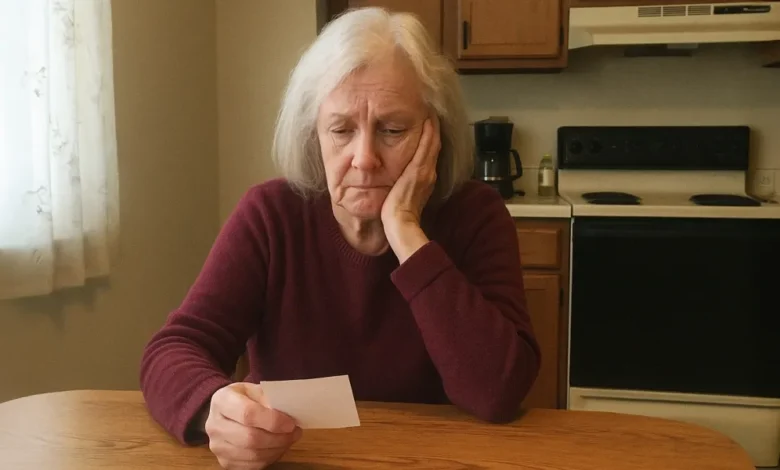My Grandma Started Coming Home Sad from Her Senior Center – When I Found Out What Was Really Happening There, I Froze

…more than anything, Grandma. And I’m not going anywhere.”
The door closed behind me with a heaviness I’d never felt before.
That night, I couldn’t sleep. I paced my apartment, rereading the photos I’d secretly snapped of the notes, zooming in on the handwriting, replaying Claire’s cold glance as we left the center. It wasn’t just manipulation—it felt like grooming. Like she was slowly isolating Grandma emotionally, making her question the loyalty of the only people who truly loved her.
I needed help. Real help.
The next morning, I reported everything to the senior center’s director. I showed the notes, described Claire’s behavior, and told them how my Grandma had changed since Claire came around. The director looked stunned and promised to investigate—but I wasn’t about to wait passively.
I also contacted Adult Protective Services and consulted a lawyer who specialized in elder abuse. Within days, Claire’s access to the center was suspended pending an internal review. More disturbing still—when authorities dug deeper, they found Claire had volunteered at three other senior centers in the past five years. Each time, after a few months, several residents had made sudden changes to their wills or finances.
Grandma didn’t want to talk to me for a few days. I gave her space. But then one afternoon, I found her on my porch, clutching the same blueberry muffins I’d once brought her.
“I read the notes again,” she said softly. “And I remembered… you never needed anything from me. You just loved me.”
I pulled her into a hug so tight I thought I might never let go. “That’s all I ever wanted you to know.”
Now, we go on our own walks. We knit together again—she’s teaching me how to make socks. And every once in a while, she says with a little smile, “Chuck might still be weirdly limber, but you’re the one who makes me feel seen.”
If something feels off with a loved one, trust your gut. Emotional abuse of seniors is real—and often hidden behind smiles and “good intentions.” Stay close, ask questions, and never stop reminding them how much they matter.




